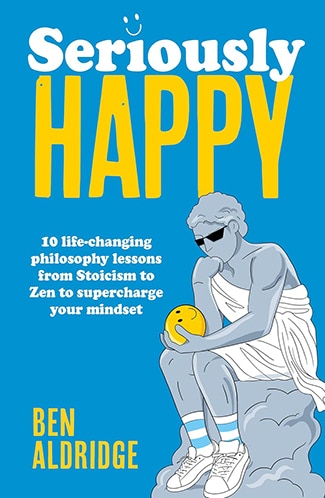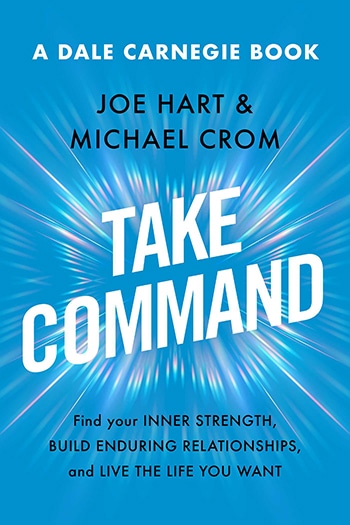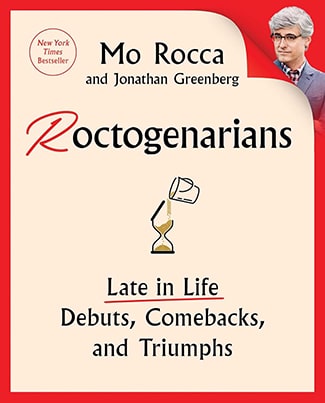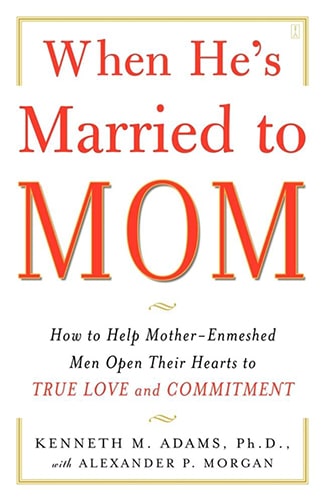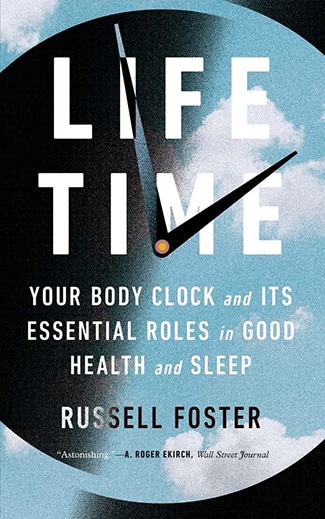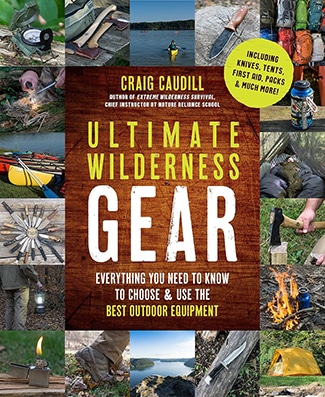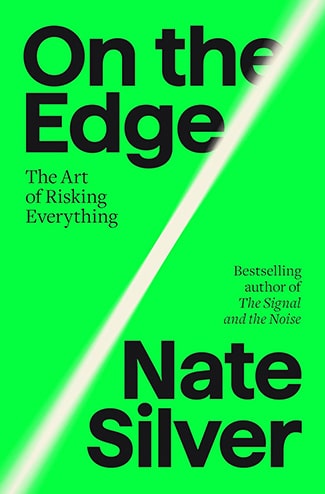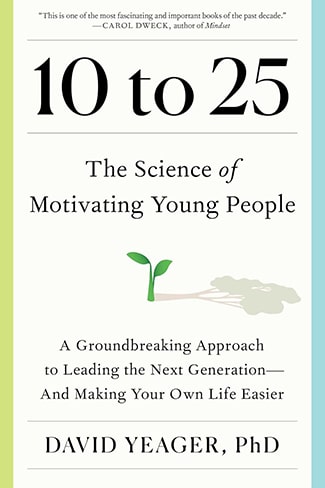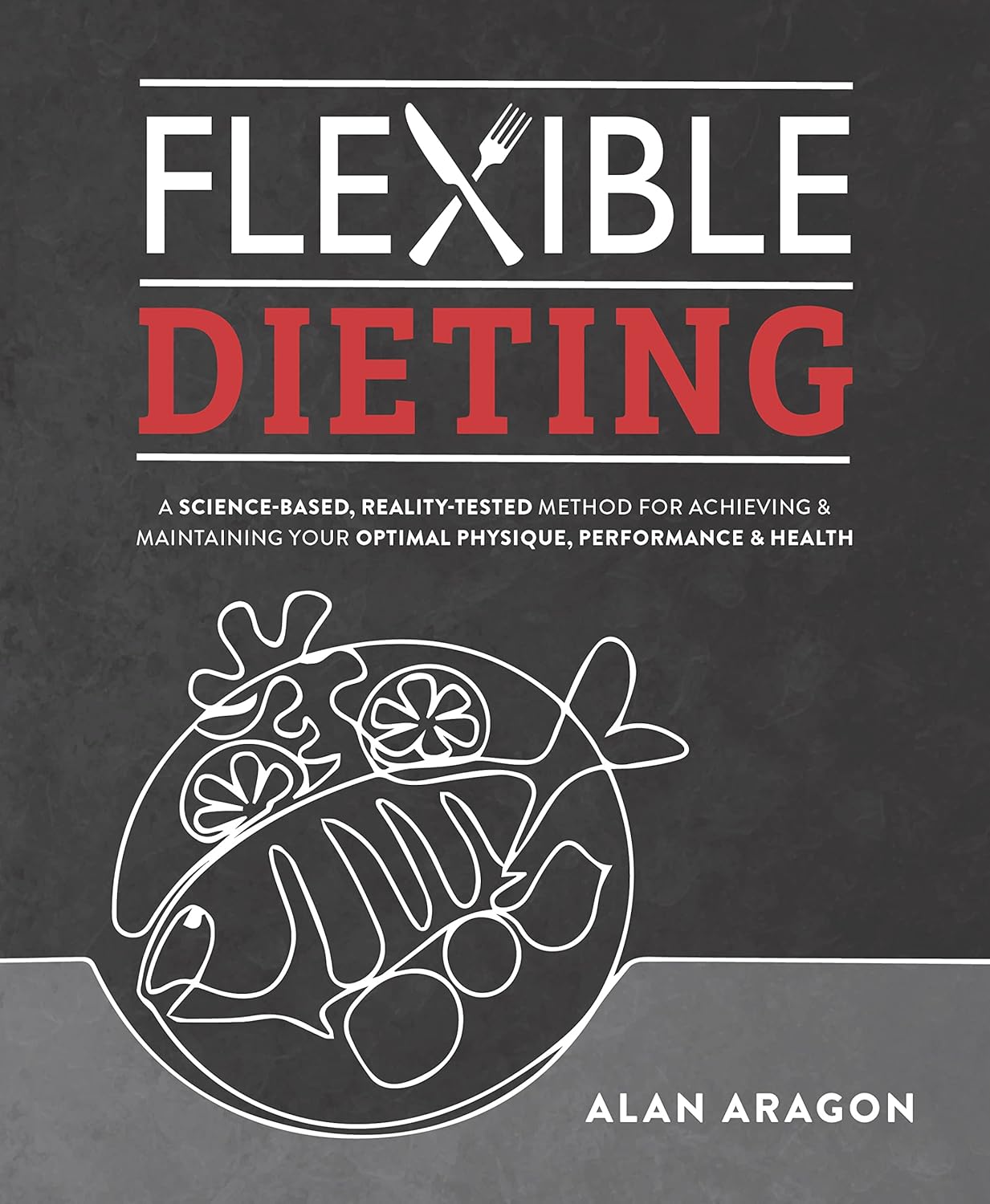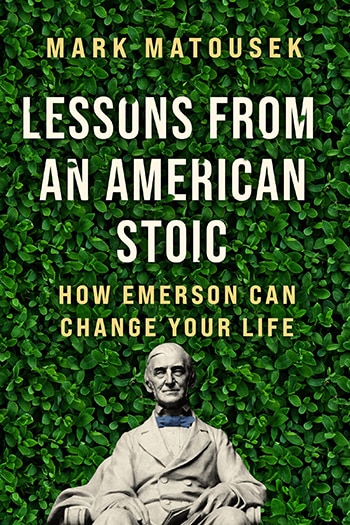Podcast Summary
Exploring the Complexities of Manhood in the Modern World: Robert Twigger's book 'Being a Man in the Lousy Modern World' encourages men to reclaim their masculinity, drawing on personal experiences and adventures to challenge societal norms.
In the modern world, men are often portrayed in a negative light and made to feel emasculated, according to Robert Twigger. In his book "Being a Man in the Lousy Modern World," published around 20 years ago, Twigger explores this issue and discusses how men can reclaim their sense of manhood. He was inspired by the prevalence of ads depicting men as bumbling and inept, contrasted with smart and sassy women. Twigger shares his personal experiences of trying to understand what it means to be a man in the modern world through his adventures, such as hiking the Pyrenees Mountains and learning marshal arts. He argues that men need to counteract the modern malaise and reclaim their masculinity. The book is a blend of personal narrative and adventure stories, woven together to explore the complexities of manhood in the modern world.
The modern world's reliance on technology makes traditional masculine roles obsolete: The modern world's convenience and advanced technology can make individuals feel less in control and less manly, leading to a longing for self-reliance and adventure.
The modern world, with its reliance on technology and prosthetic devices, can make manliness and traditional masculine roles feel obsolete. The physical aspect of life, once a necessity for survival and the demonstration of strength and skill, is now often replaced by electronics. This not only removes the need for physical strength but also makes individuals reliant on external sources, making them more like children who need constant care and guidance. The contrast between the adventurous past and the mundane present is a recurring theme, and the speaker expresses a longing for a more hands-on, self-sufficient way of life. The modern world, with its convenience and advanced technology, can make individuals feel less in control and less manly, leading to a sense of discontentment and a desire for adventure and self-reliance.
Society's Expectations and Challenges to Manhood: Society's expectations and limitations continue to impact men's perception and experience of manhood, with factors like mental health and societal pressures being significant concerns. New challenges, such as technology's impact on control and the limitations of humor, must also be addressed.
Society's expectations and limitations can make it challenging for men to assert their manhood, with factors such as the inability to fix things, societal pressures, and mental health issues being significant concerns. Emerson's observation from 150 years ago about society conspiring against manhood still holds true today, and while there have been some improvements, such as increased awareness of mental health issues, there have also been setbacks, including the criminalization of masculinity for some men. The four factors identified in the book for a man to be considered a man were the ability to kill a beast, courage, the possession of basic skills, and passing a rite of passage. However, in today's world, these factors may be more difficult to achieve, and new challenges, such as the impact of technology on control and the limitations of humor, must be addressed.
The importance of rituals in marking the transition from boyhood to manhood: Rituals provide essential markers of transformation, but modern society lacks meaningful ones. Developing courage through assessing and confronting risks is crucial for personal growth.
The absence of meaningful rituals in modern society contributes to the blurred transition from boyhood to manhood. Rituals serve as important markers of transformation, and while we still have some rites of passage, they have become watered down and lack the essential elements of risk and self-reliance. These factors are crucial for personal growth and the development of courage. Courage, as philosopher Aristotle noted, is not just the absence of fear, but the ability to assess and confront risks. It's a skill that everyone should cultivate, not a rare quality reserved for the brave few. The unwillingness to assess risk and take calculated actions can lead to a lack of self-reliance and the borrowing of kudos from others. It's essential to strike a balance between safety and adventure, and to develop the ability to assess risks and make informed decisions.
Exploring limits for self-discovery: Courage is essential for self-discovery by pushing oneself to test limits in difficult situations. Skills, particularly hands-on ones, enhance manliness and connect us to our ancestors.
Courage and self-knowledge are interconnected. According to the speaker, pushing yourself to explore your limits in difficult situations is essential for discovering your true capabilities and understanding your limitations. Courage is not just a natural human characteristic, but also an exploration of self-discovery. In today's safe world, individuals must proactively seek out opportunities to test their courage and quick thinking skills. Moreover, the speaker emphasizes the importance of skills, particularly those that involve using one's hands, as a component of manliness. The hands-on approach connects us to our ancestors and provides a sense of utility and usefulness. Ultimately, the speaker encourages individuals to seek out challenges and opportunities to test their courage and skills to gain a deeper understanding of themselves.
Hand skills and self-sufficiency connect to feelings of meaning and masculinity: Learning hand skills like crafting, hunting, and survival taps into something fundamental and valuable, including feelings of competence and masculinity. Access to information through platforms like YouTube makes these skills more accessible than ever.
The mastery of hand skills and the ability to provide for oneself are deeply connected to feelings of meaning, competence, and masculinity. These ancient abilities, which can include everything from crafting to hunting and survival skills, tap into something fundamental and valuable. While the idea of violence may be uncomfortable, it's important to remember that throughout history, the ability to protect oneself and others has been a crucial aspect of traditional rites of passage. Today, with the accessibility of information through platforms like YouTube, these skills are more accessible than ever. While the potential for violence is a delicate topic, reframing it as a defensive skill may help bridge the gap.
Is the ability to defend virtues a necessary aspect of being human?: The ability to defend virtues, even with force, is a human necessity, but it doesn't make one virtuous if not tested or understood in context with other virtues.
Having the potential to defend loved ones, even if it involves the use of force, is a necessary aspect of being human. However, it's not something to be proud of, as thousands of people in the world are capable of violence without thought. For those who are repelled by the idea of killing, it's important to understand that the ability to defend virtues and test them is a part of being kind or good. Philosophers have grappled with this concept, questioning whether virtue can truly be considered virtuous if it's never been tested. The distinction between passive and active virtues, such as courage and generosity, may be linked. Traditionally, men have been encouraged to be active instead of passive. The yin yang distinction, which was not mainstream when the book was written but is now, could have been used to further explore these ideas. Overall, the discussion highlights the importance of mental flexibility and understanding the interconnectedness of different virtues.
Understanding the Trend of Men Becoming More Passive as They Age: Society's focus on control and conformity can stifle natural inclinations towards active pursuits, leading men to adopt more passive characteristics as they age. Encouraging environments that allow individuals to express their natural tendencies is key to maintaining vitality.
The concepts of brain plasticity and the importance of practicing skills to maintain them have become mainstream. Additionally, the idea of Yin and Yang, with its passive and active elements, has become more widely understood. Men, who tend to lean more towards the active or yang end of the spectrum, are encouraged to engage in active pursuits. However, modern society can sometimes stifle this natural inclination, leading to a loss of vitality and the adoption of more passive, older characteristics. This phenomenon, where active individuals become more passive as they age, can be observed in many areas of life, including education and work. It's important to note that this is not a value judgment, but rather an observation of a trend. Society's focus on control and conformity can sometimes lead to pathologizing natural behaviors, such as deep involvement in hobbies, and labeling them as disorders. Instead, we should strive to create environments that allow individuals to express their natural tendencies and thrive.
Observing similarities between prisons and schools: Awareness of controlling functions in educational and societal institutions, particularly for boys, can lead to improved experiences and personal growth.
Our educational and societal institutions, such as schools and prisons, serve a controlling function in addition to their intended purposes. This was highlighted during a speaker's observation of a Scottish prison, where he noticed the similarities between the prison environment and school. The speaker emphasized that this doesn't mean we should dismantle these institutions, but rather, we should be aware of their dual roles. Additionally, the speaker noted that boys, in particular, often struggle in traditional school settings due to their need for activity and flexibility. Lastly, the speaker shared his personal experience of emulating past heroes through various challenges, starting with a long-distance walk in the Pyrenees, as a way to live up to the past and challenge himself.
Embracing new challenges for personal growth: Stepping out of comfort zone, respecting animals' intelligence, setting goals, and fully committing to new experiences can lead to personal growth and accomplishment.
Personal growth and achievement can come from stepping out of one's comfort zone and fully committing to new experiences, even if they seem daunting or dangerous. The speaker's journey to Japan to study martial arts and his experience with bullfighting in Spain both required a significant investment of time and effort, but ultimately led to personal growth and a sense of accomplishment. The speaker's determination to progress in martial arts was fueled by the intensive training regimen he encountered in Japan, which allowed him to dedicate significant time and energy to the practice. Similarly, his decision to learn bullfighting, despite the risks involved, led to a unique and memorable experience. Both experiences also highlighted the importance of respecting the power and intelligence of animals, as the speaker recognized that bulls, like cows, are capable of learning and adapting quickly. The speaker's willingness to engage with these challenges, despite the risks, ultimately led to personal growth and a sense of accomplishment. Additionally, the speaker emphasized the importance of setting goals and making a wish list of achievements, which can serve as motivation and focus in pursuing new experiences. Overall, the speaker's experiences demonstrate the value of embracing new challenges and fully committing to them, even if they seem daunting or dangerous, in order to achieve personal growth and accomplishment.
Gaining wisdom and broadening perspective: Reading and experiencing life can make you more confident and less anxious, helping you better understand and respond to different behaviors and situations. Books like 'I Am a Man!' by John Berger can aid this process for men by exploring masculinity and communication complexities.
Experiencing life and gaining wisdom through various situations can make you more confident and less anxious, broadening your perspective and increasing your range of skills. This process doesn't necessarily result in a drastic internal change, but it does enable you to better understand and respond to different behaviors and situations. For men specifically, reading books like "I Am a Man!" by John Berger can help in developing this enhanced male being, as it explores the complexities of masculinity and communication. Although the book may be harder to find in print, it is still available through various sources. Embracing practical wisdom and open-mindedness towards experiences and differences is a key step towards experiencing this enhanced sense of being.
Exploring yang activities for men's vitality: Engaging in yang activities like shooting, chopping wood, or joining a gun club can increase testosterone levels and provide a sense of aggression and tool use essential for men. Explore a variety of activities to avoid specialization.
Men can benefit from engaging in yang activities to promote vitality, energy, and a sense of aliveness. This concept, as discussed with Robert Twigger, author of "Being a Man in the Modern World," involves moving beyond rules and incentives and instead grounding behavior in personal experience. Activities such as shooting, chopping wood, or even joining a gun club can increase testosterone levels and provide a sense of aggression and tool use, which are essential functions for men. Twigger, who advocates for polymathic learning, encourages men to explore a variety of activities and not be trapped in specialization. To learn more about Twigger's work, visit his website, roberttwigger.com, and check out the show notes at aom.is/twigger.

